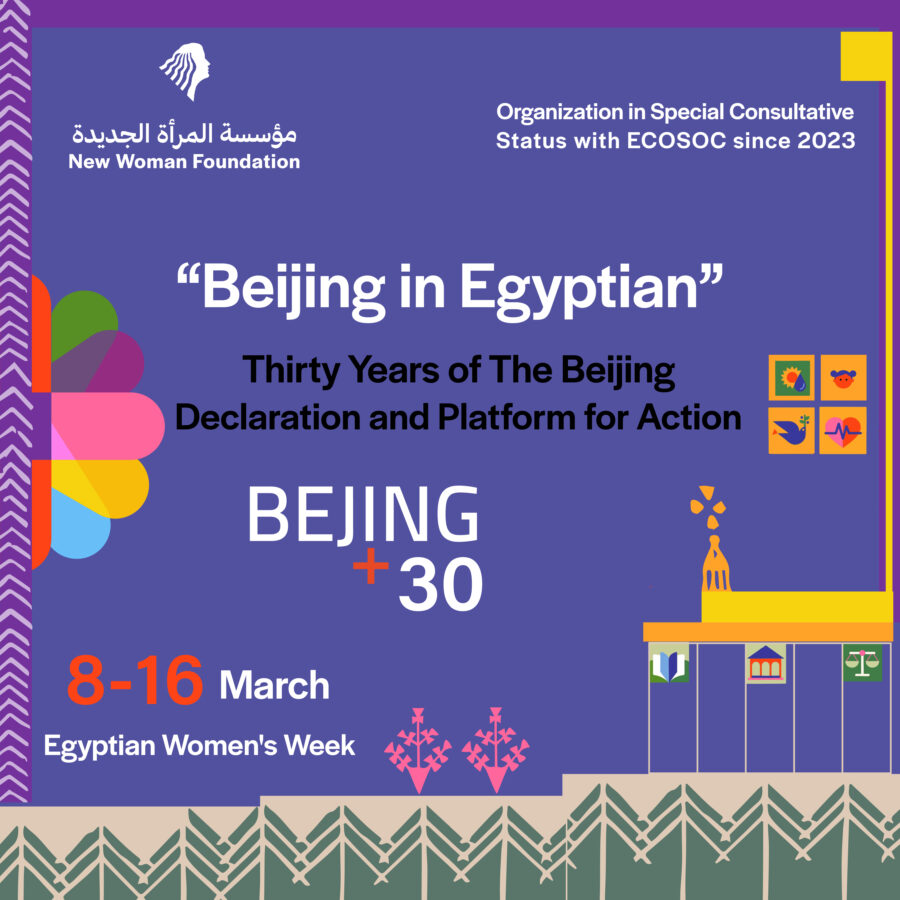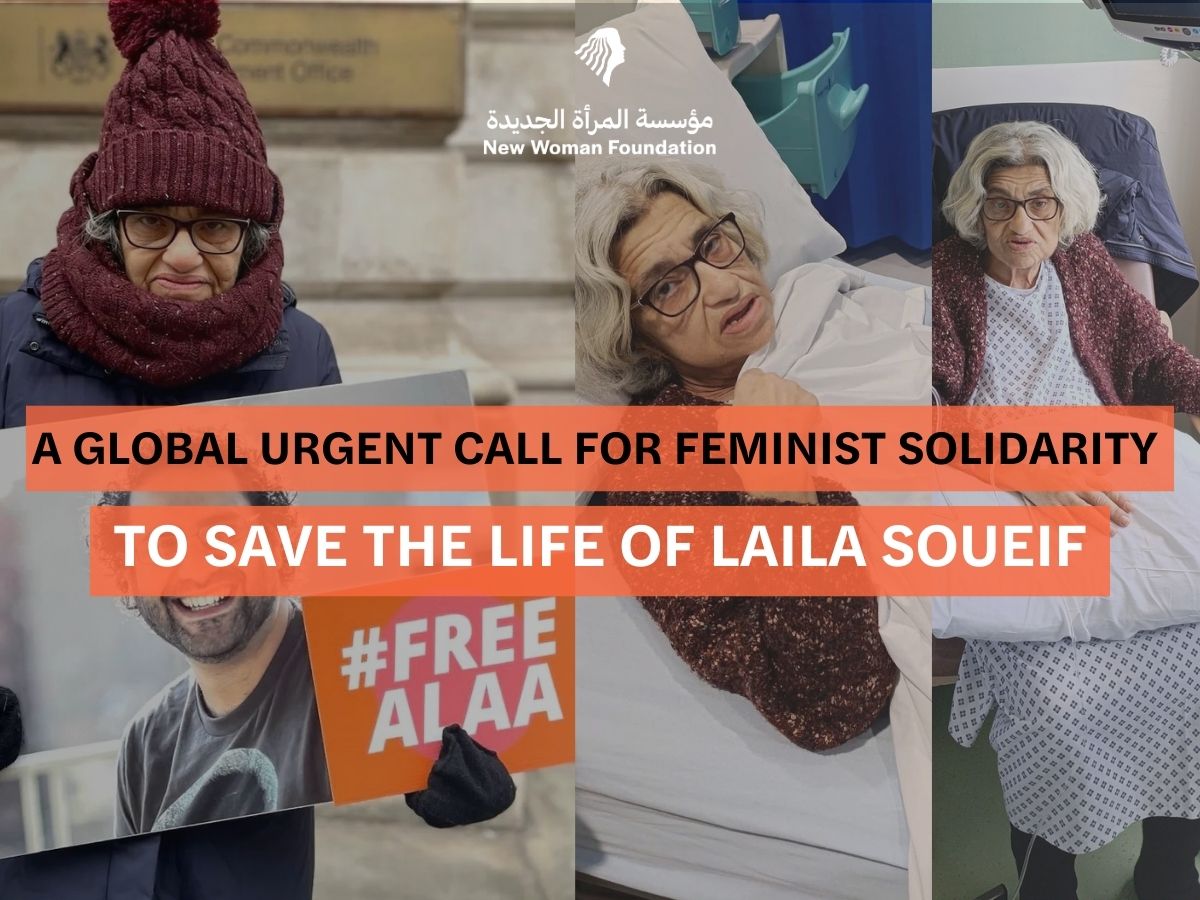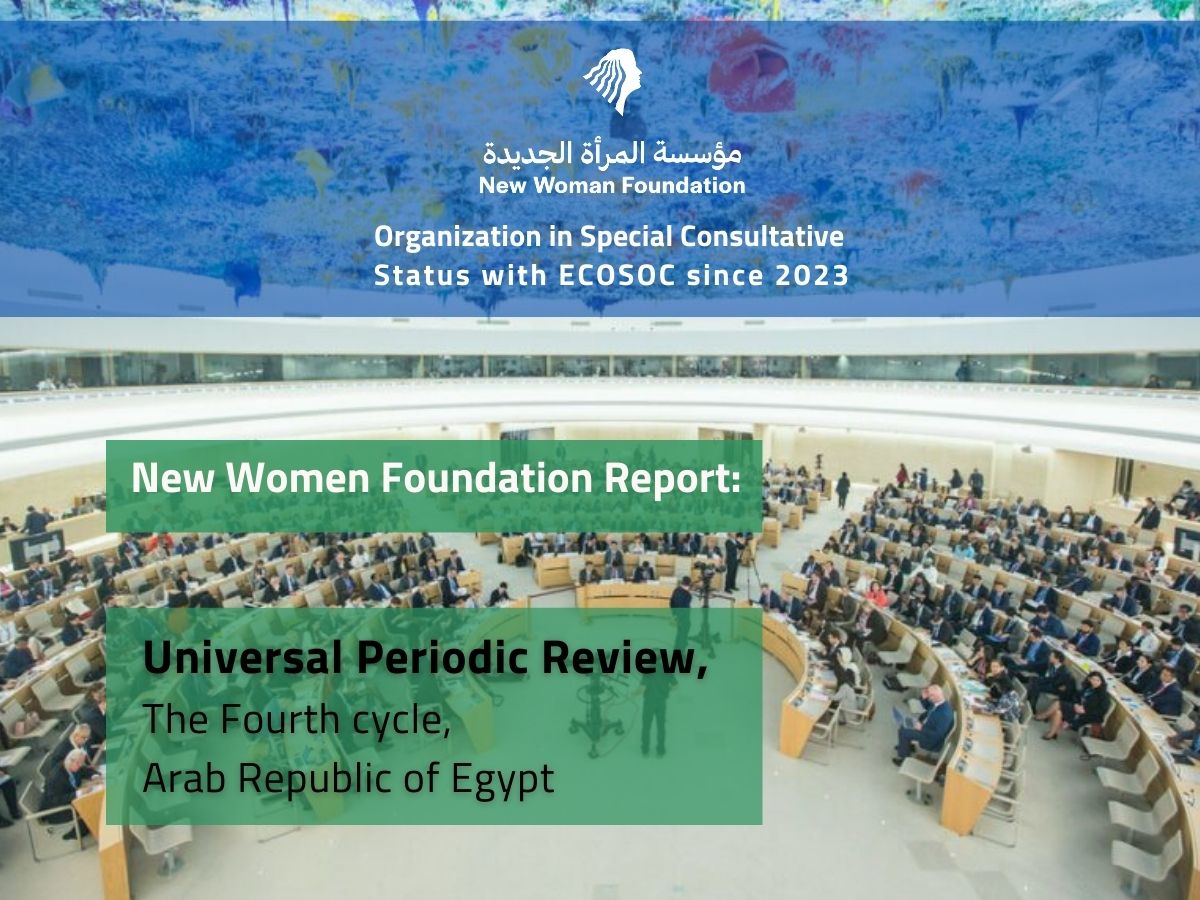- Contact Us
- 0020233382706
- nwrc@nwrcegypt.org
Workingwomen and policy assessment – Feminist testimonies from Egypt

Statement: March 8th, 2017 .. Not a Celebration, But a Renewal of Vows of Struggle and Solidarity
March 8, 2017New Woman Foundation Boycott the CSW 61 session and call upon United Nation to take Necessary Action to confront the Racist Attack on Women
March 13, 2017I decided to focus on issues related to workingwomen, because I believe they show the extent to which a society believes in the principles of social justice, citizenship and the affordance of equal opportunities. It also reflects whether there are effective policies in place that address these principles.
While there are, of course, other factors to take into account, when women are economically empowered, it helps them face other forms of discrimination and violence, whether in the public or domestic spheres. For example, if a woman is economically independent, she will be more able to make the decision to leave an abusive husband. If she contributes to the family’s income, she may have partial access to the decision-making process.
These powers diminish if women are not economically empowered at all, as is the case when housework is not seen as an economic activity and thus is not treated as wage labor.
However, work traditionally done by women is not universally disregarded in the economic sphere. Tunisia and Morocco include the average working hours spent on housework in the calculation of their gross domestic product, something the New Woman Foundation is working to do as well.
There are surveys that show that 30 percent of Egyptian families are supported solely by female breadwinners, and this does not include middle and upper class families, where households depend on the earnings of both men and women. Given rising inflation and dire economic conditions, women’s contribution to the economy is simply a matter of necessity.
Available statistics show that women constitute around a quarter of the registered workforce, but, if you look at the informal economy, that jumps to almost half. And almost three quarters of the women working in the informal economy are not paid.
You might ask a woman if she works, and she would say no. But when you were to press further and go into the details, you would discover that she works with her husband on their land, or she feeds the birds the family raises, which are then sold by her sons and husband for financial compensation.
However, we depend on government institutions for quantitative statistics, especially given that civil society organizations do not have the means to conduct such large-scale research. To address these limitations, at the New Woman Foundation, we conduct qualitative research through in-depth interviews and focus group discussions to examine the discrimination and violence that women are subjected to.
These studies have shown that there are few programs that address gender issues, in addition to a general absence of developmental, social and economic policies that adopt a gender perspective. Both of these factors directly affect women’s contribution to the workforce and their experience of it.
Women in Egypt are subject to sexual harassment in their places of work at a very high rate. In 2009, we conducted a study on women working in economic zones in Alexandria and the governorates along the Suez Canal. We interviewed women at their houses in villages or waited for them as they were leaving the factories they worked in, because we were not allowed to go inside. We also discovered cases of sexual harassment against women inside government institutions, which prompted a study on sexual harassment in public and government agencies in 2015, and another one on sexual violence in health and education facilities.
As gender issues are not reflected in official statistics, that’s what we have focused on during our interviews with workingwomen. We have have heard accounts of sexual violence, unfair wage practices and the inability to secure maternity leaves, issues mainly occurring in the private sector. We also measure the efficacy of state policies. For example, there are units in all government agencies that are meant to ensure that equal opportunities are provided regardless of gender, but they are not activated. However, this only came to light when we conducted interviews with women working in government.




